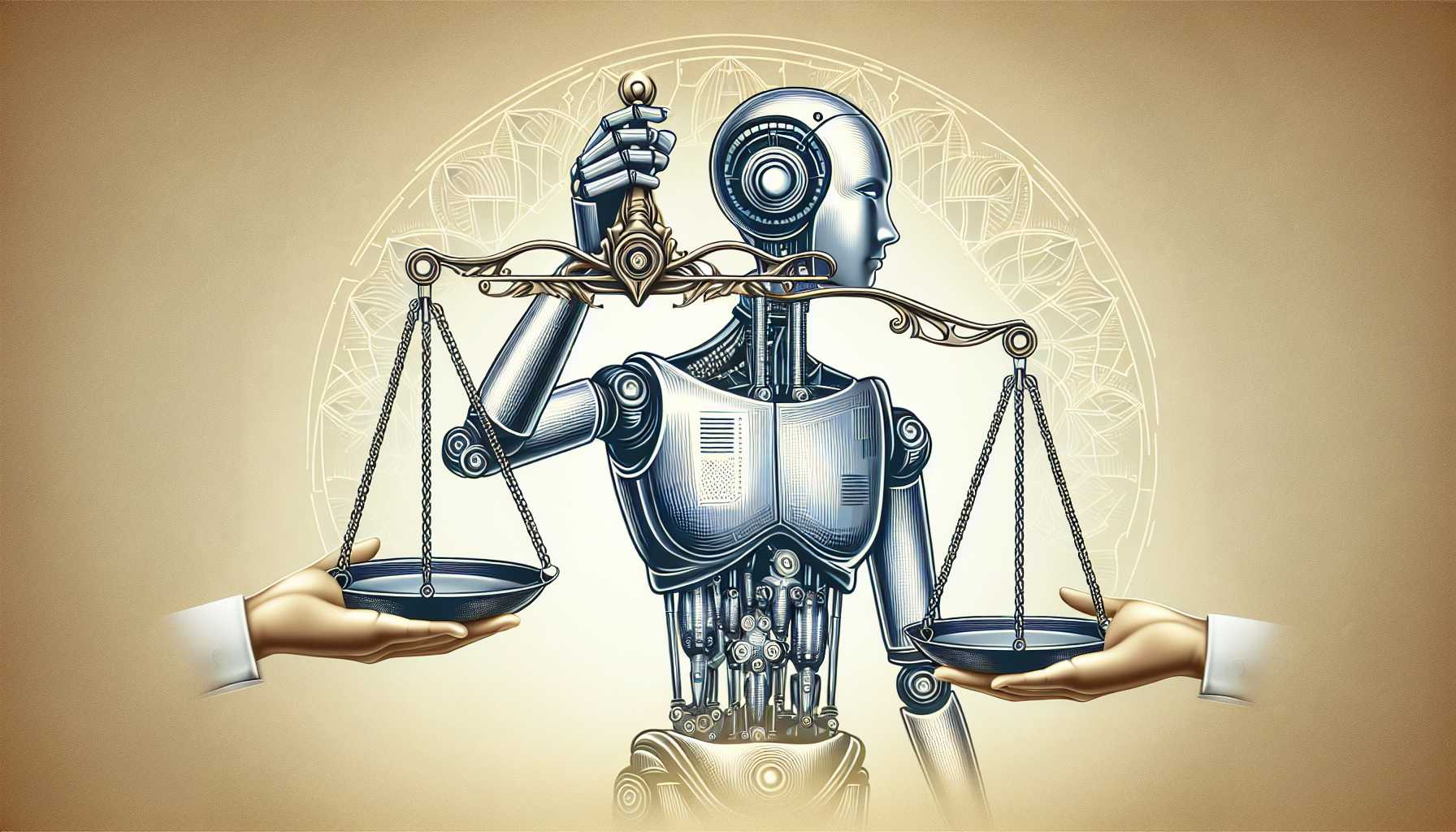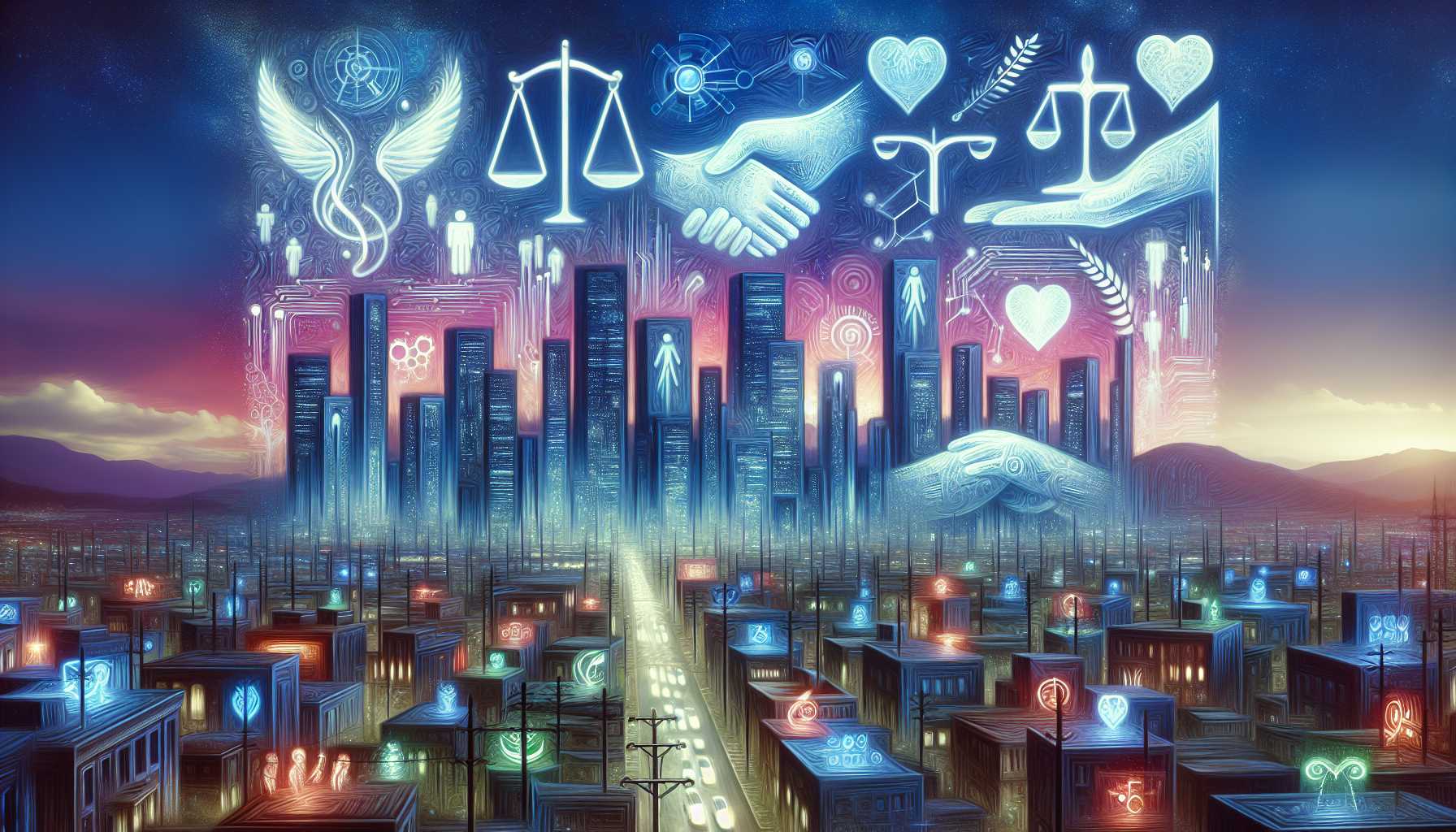As the Tech World Spins: Innovation, Regulation, and Ethics
The tech world is a complex web, and this week, two stories have highlighted the intricate interplay between innovation, regulation, and ethics.
UTM Emulator Rejection: Apple’s Rules and Controversy
Apple’s decision to reject the UTM PC emulator from the App Store has sparked debate. While the company cites rule 4.7 regarding mini apps and games, the selective approval of other emulators raises questions about Apple’s interpretation of the rules and its control over user experience.
This incident highlights the delicate balance between ensuring quality and security while fostering innovation. Where should the line be drawn? This question applies to everything from emulators to productivity apps.
AI Exploitation: Brazilian Children’s Photos Misused
A disturbing report by Human Rights Watch reveals that personal photos of Brazilian children are being harvested without consent and used to train AI tools. This exploitation has led to deepfakes, posing significant risks to children’s safety and privacy.
The investigation reveals that children’s photos often come with identifying information, making them vulnerable to online harassment. This raises serious ethical and legal questions about the creation and use of such datasets.
Ethical Dilemmas and Responsibilities in AI Development
The case of Brazilian children’s photos underscores the need for robust policies to protect personal data from misuse by AI technologies. Placing the onus on children and guardians to remove photos is impractical and unfair.
Governments and tech companies must intervene to prevent such privacy violations. Generative AI has the potential to innovate and harm, and ensuring its future promotes rights, especially children’s rights, is crucial.
Tech Giants and Accountability
These issues point to the immense power and responsibility tech giants hold. Companies like Apple decide which applications make it onto their platforms, and AI developers must be held accountable for the ethical deployment of their technologies.
Ethical AI and stringent user data protection are becoming increasingly important. Regulatory landscapes are tightening, and there’s a growing demand for technologies that prioritize ethics and privacy.
Conclusion: Navigating the Crossroads of Innovation and Ethics
The tech industry is at a crossroads where innovation intersects with ethics. The UTM emulator rejection and the exploitation of children’s photos are reminders of the need to balance innovation with ethical considerations.
As we push the boundaries of technology, we must foster an environment that encourages both innovation and ethical responsibility. Only then can we ensure that technological advancements serve the greater good and contribute to a more equitable future.
Stay curious and stay informed!





